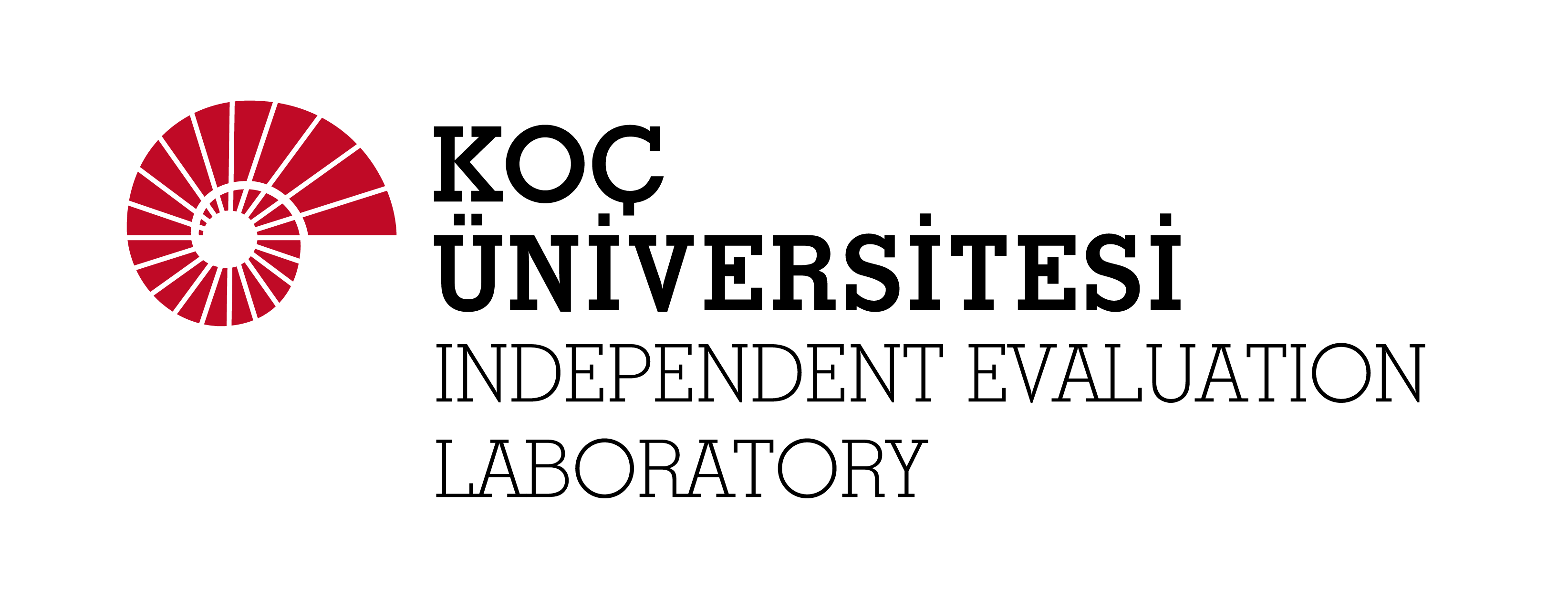OUR FOCUS
At Independent Evaluation Laboratory (Bağımsız Etki Değerlendirme Laboratuvarı), Koç University, using state-of-the-art methodology, we try to establish a long-term research agenda to promote evidence based-interventions and policies, especially in developing countries, by
- Producing the knowledge base through identifying protective and risk factors influencing the development areas
- Conducting systematic reviews to create a catalog of effective programs that can be adapted and transported to other countries
- Examining which program components work which don’t to ensure outcome- and cost-effective interventions
- Conducting rigorous impact evaluations to promote the dissemination of programs that are shown to be effective.
Program Cooperation Agreement between IEL and UNICEF Turkey has been signed.
Article on novel quasi-experimental methodology for impact evaluation is published in Evaluation Review.
IEL presented at the 2019 Annual Meeting of the Society for Prevention Research.
Director received the Young Scientist award from the Science Academy in Turkey.
Our study is completed for the Reducing Gender Gap in STEM project.
In this book chapter, the use of a methodological tool (i.e. mediation analysis) to identify the causal mechanisms of prevention programs targeting drug use, smoking, and alcohol misuse is described. The chapter gives examples of evidence- based drug prevention interventions and describes how they achieved their effects.
Comparative Regression Discontinuity Design: A New Alternative
In these series of scientific publications, we test the performance of a new variant of regression discontinuity design that is considered as the most reliable quasi-experimental approach in program evaluation.
“We believe that, as products with social value and content, interventions and policies also deserve to go through an optimization process. Optimized interventions will lead to higher effect sizes and sustainable impact on a more efficient budget.”





